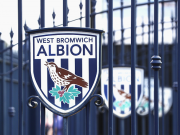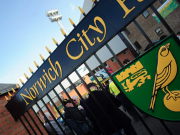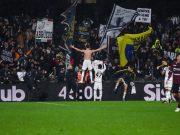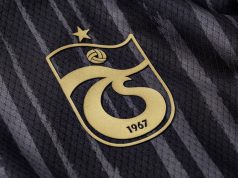Since Frank de Boer was dismissed from his Crystal Palace job after just 77 days in charge, achieving a sadly impressive four losses and zero goals scored, the Dutch media have been trying to find the right person to blame.
Steve Parish, the man behind the decision to sack the Dutchman, was the obvious answer at first, but after some reflection, even De Telegraaf, who are generally behind their managers, come to the conclusion that the former Ajax coach played a part in his nightmare.
That doesn’t mean that the Crystal Palace owner is now absolved of all blame for them, far from it.
De Telegraaf describe him as a ‘bruiser who understands little about football, and uses the club for status and money’, which they say is a ‘deadly combination’ at the top level.
This, of course, is exemplified by the fact nine managers have come and gone since he took over at Selhurst Park, with only two last more than 12 months (Alan Pardew and Dougie Freeman).
Such impatience eventually leads the Dutch newspaper to describe Parish’s policy as ‘violating all laws of a professionally managed club’.
Then why did de Boer accept the Crystal Palace job?
Being asked to completely morph the club’s philosophy from a ‘kick and rush’ side to a more aesthetically pleasing style of football might have been ‘all well and good’, but De Telegraaf brand this request as ‘glorified pub talk’.
It was at that point, when that vision was presented to him, that Frank de Boer should have realised he was at the wrong club.
This is where the Dutch newspaper start blaming de Boer, and it’s hard to disagree with them.
The fact the former Netherlands international failed to come to the conclusion that uprooting years of tradition wouldn’t be achievable in a summer says a lot about him going forward.
The now ex-Crystal Palace manager should have read up on the club’s past, and noticed time would be limited for him.
As De Telegraaf’s Jaap de Groot writes to end his column: “Frank de Boer must therefore have been very desperate to get back to work as a manager”, hinting at the failed Inter experiment.
Perhaps too desperate.

























